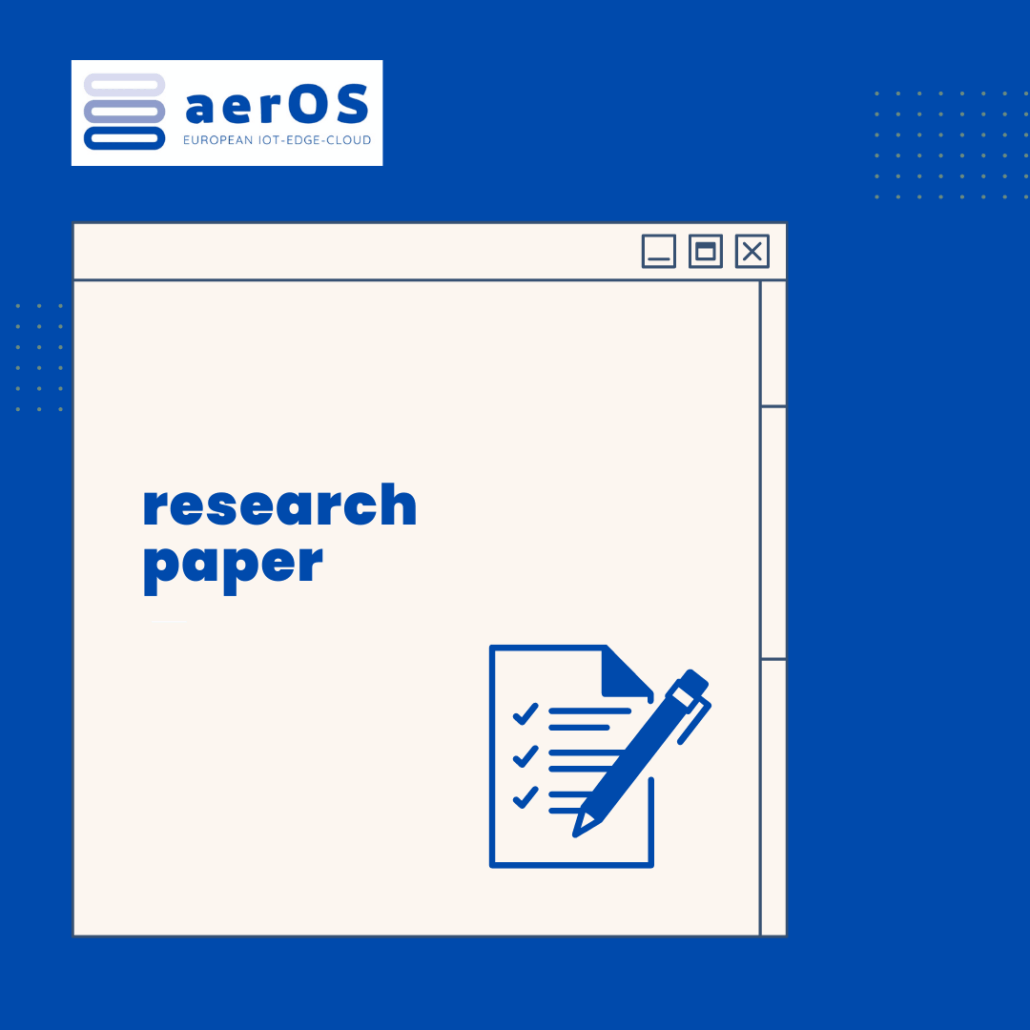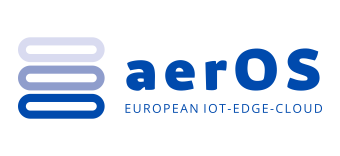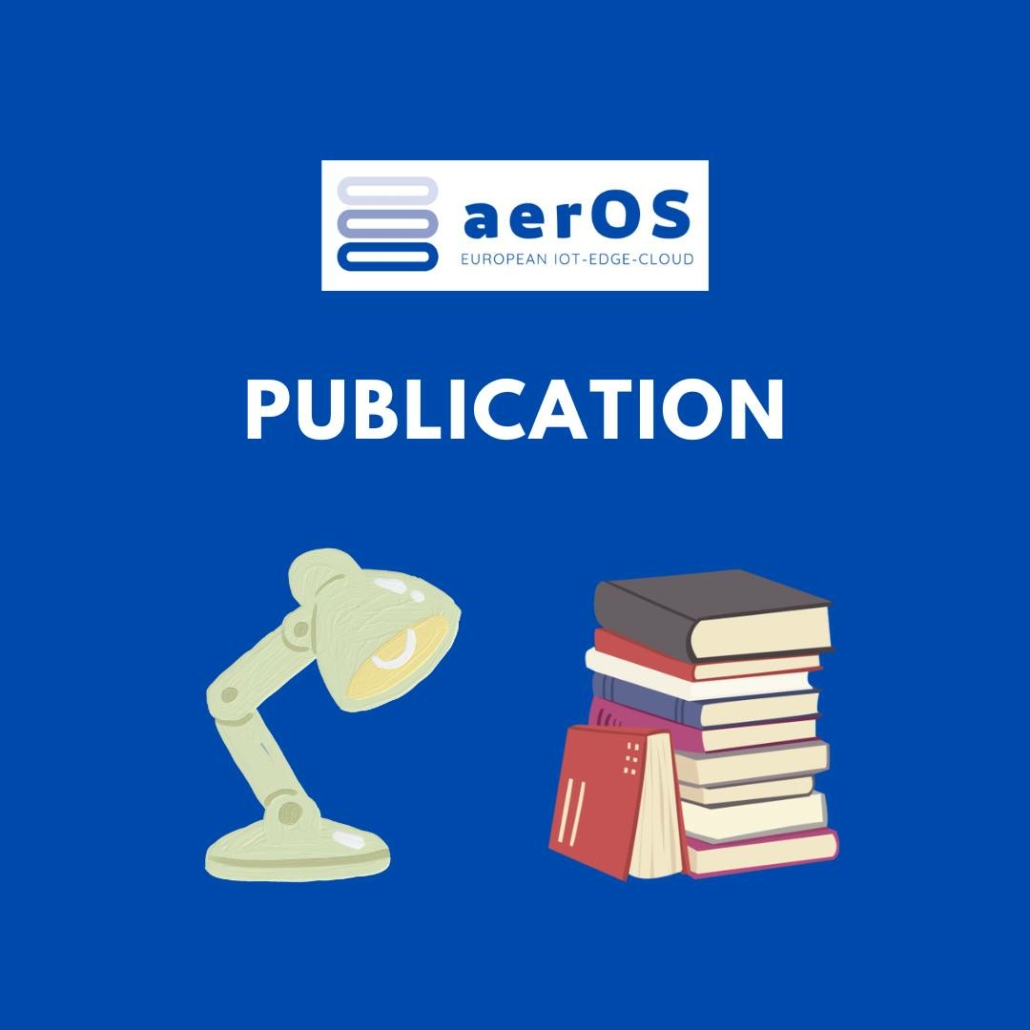“Dependency-Aware Microservice Deployment for Edge Computing: A Deep Reinforcement Learning Approach With Network Representation” Paper
The popularity of microservices in industry has sparked much attention in the research community. Despite significant progress in microservice deployment for resource-intensive services and applications at the network edge, the intricate dependencies among microservices are often overlooked, and some studies underestimate the importance of system context extraction in deployment strategies. This paper addresses these issues by formulating the microservice deployment problem as a max-min problem, considering system cost and quality of service (QoS) jointly. We first study the attention-based microservice representation (AMR) method to achieve effective system context extraction. In this way, the contributions of different computing power providers (users, edge servers, or cloud servers) in the networks can be effectively paid attention to. Subsequently, we propose the attention-modified soft actor-critic (ASAC) algorithm to tackle the microservice deployment problem. ASAC leverages attention mechanisms to enhance decision-making and adapt to changing system dynamics. Our simulation results demonstrate ASAC’s effectiveness, prioritizing average system cost and reward compared to the other state-of-the-art algorithms.
Find more information here: https://ieeexplore.ieee.org/document/10663201









